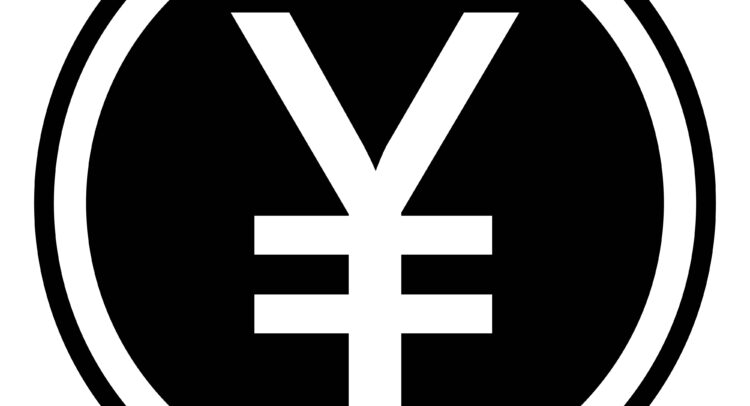
As the USD-JPY reaches levels not seen since 1990 and the Yen Index hits all-time lows, the possibility of Japanese authorities stepping in becomes a pressing issue. Despite these significant indicators, the FX market remains skeptical, implying that Japan’s actions are mere rhetoric until proven otherwise.
Escalating Rhetoric
Japan’s ‘top currency diplomat,’ Vice Finance Minister for International Affairs Masato Kanda, once again signals a readiness to curb disorderly forex movements. While Masato Kanda’s comments signal an escalation in Japan’s verbal intervention strategy, they fall short of indicating immediate action.
Understanding the historical context is key here. Japan’s Ministry of Finance (MOF), in collaboration with the Bank of Japan (BOJ), has the power and mechanisms to intervene in forex markets. The most common intervention is often through direct Yen purchases to bolster its value.
Simultaneously, the significant increase in Japanese Government Bond (JGB) yields reached their highest points since late last year and early 2011. The spike in bond yields could potentially trigger a bullish influence on the Yen’s trajectory and Japan’s monetary policy outlook.
Finally, Finance Minister Shunichi Suzuki has also engaged in verbal efforts to support the Yen, emphasizing the importance of stable currency movements that reflect economic fundamentals.
Prospects for Intervention and Market Response
Japan’s finance officials persist in their verbal interventions. However, the actual actions, such as direct market intervention to bolster the Yen, remain shrouded in uncertainty.
FX traders, analysts, and investors are closely tracking Japan’s communications and potential policy moves. But if recent price action is any indication of how the FX market feels about Japan’s attempts at verbal intervention, the market is telling Japan: You’re all talk.



